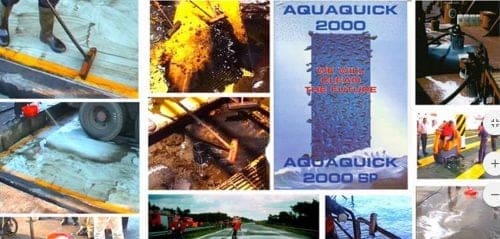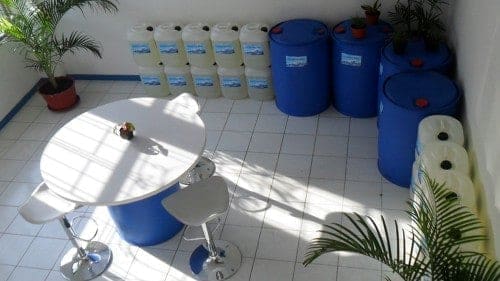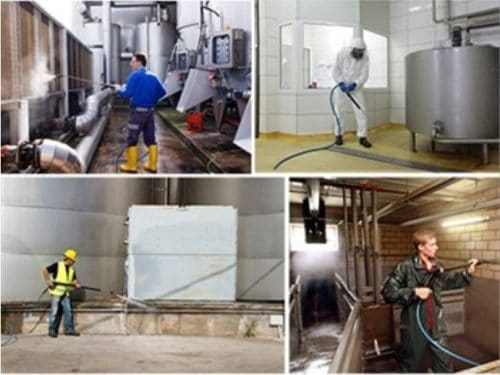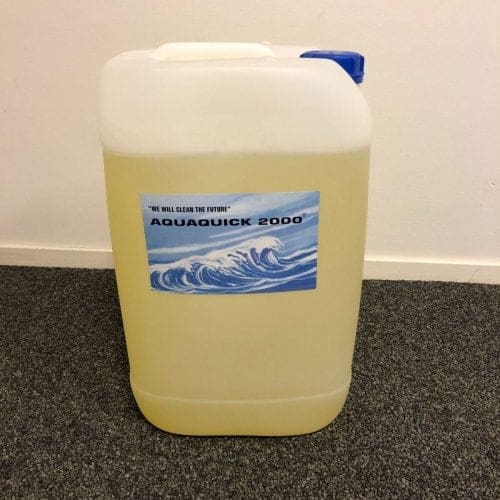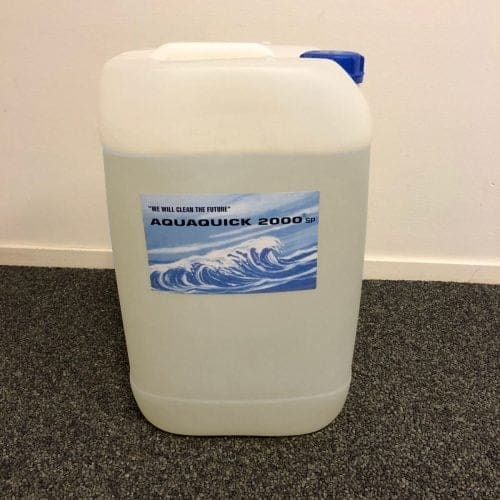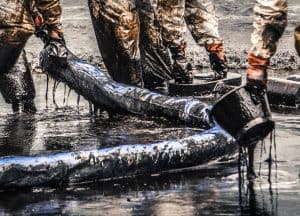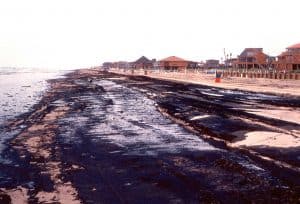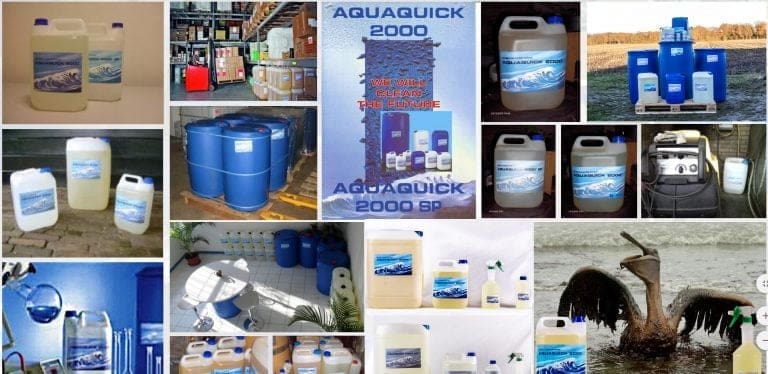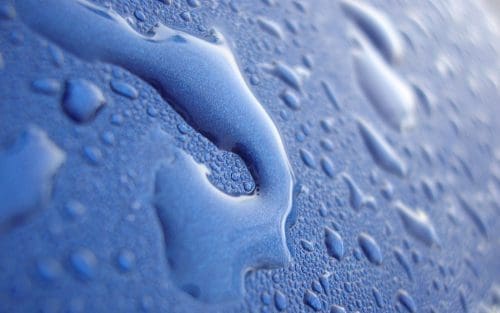Los depósitos de combustible diesel son propensos a contaminantes como la suciedad, el óxido y los lodos, que pueden afectar negativamente al rendimiento. La limpieza regular de los tanques de combustible diesel es crucial para un rendimiento óptimo del motor, la eficiencia del combustible y la longevidad de todo el sistema. Elegir el mejor limpiador de depósitos diesel puede ser un reto con tantas opciones disponibles, pero esta guía le ayudará a navegar por el proceso de toma de decisiones.
¿Por qué es esencial para su flota la limpieza de los depósitos de gasóleo?
El depósito de combustible desempeña un papel fundamental en el buen funcionamiento de los vehículos diésel. Con el tiempo, los depósitos de combustible pueden acumular contaminantes como crecimiento microbiano, agua y sedimentos. Estos contaminantes pueden obstruir los filtros, reducir la eficiencia del motor, aumentar el consumo de combustible e incluso provocar averías en el motor. La limpieza periódica de los depósitos de gasóleo previene estos problemas, garantizando que su flota funcione al máximo rendimiento.
Ventajas de la limpieza de depósitos de gasóleo
1. Mayor eficiencia del combustible
Los contaminantes en el sistema de combustible pueden causar una combustión incompleta, lo que lleva a un uso ineficiente del combustible. Una limpieza periódica puede garantizar que el combustible se queme de forma óptima.
2. Prolongación de la vida útil del motor
El lodo y los residuos en el depósito pueden dañar los inyectores, los conductos de combustible y el motor. La limpieza del depósito reduce el riesgo de que se produzcan estos problemas, alargando la vida útil de los motores de su flota.
3. Reducción de los costes de mantenimiento
Un sistema de combustible más limpio significa menos reparaciones, menos sustituciones de piezas y menos tiempo de inactividad para sus vehículos. Esto se traduce en un importante ahorro de costes para los propietarios de flotas.
4. Prevención de fallos en el sistema de combustible
Al limpiar regularmente los depósitos de gasóleo, se evitan los atascos y la contaminación que pueden causar averías en el sistema de combustible. Esto garantiza que sus vehículos permanezcan más tiempo en la carretera.
Factores clave a la hora de elegir el mejor limpiador de depósitos de gasóleo

Seleccionar la solución adecuada para la limpieza del depósito de combustible es esencial para garantizar que los sistemas diésel de su flota se mantienen en óptimas condiciones. forma. Estos son algunos factores a tener en cuenta a la hora de elegir un limpiador de depósitos de gasóleo:
1. Eficacia en la eliminación de contaminantes
El objetivo principal de cualquier limpiador de depósitos diesel es eliminar contaminantes como lodos, óxido, suciedad y agua. Querrá un limpiador que funcione rápida y eficazmente, garantizando que su sistema de combustible quede completamente limpio y restablezca su rendimiento óptimo.
Busque limpiadores que traten específicamente la contaminación por agua, la proliferación microbiana y los lodos, que son problemas habituales en los sistemas de combustible diésel.
2. Compatibilidad con sistemas de combustible diesel
No todos los limpiadores de depósitos diésel son iguales. Es esencial elegir un producto que sea compatible con el sistema de combustible específico de su flota. Asegúrese de que el limpiador es seguro para su uso tanto en motores diésel modernos como antiguos. También debe funcionar bien con diversos combustibles diésel, como el diésel ultra bajo en azufre (ULSD), el biodiésel e incluso el diésel todoterreno.
3. Facilidad de uso
Algunos limpiadores de depósitos de gasóleo están formulados para una limpieza de bricolaje, mientras que otros pueden requerir la intervención de un profesional. Un buen limpiador de depósitos de gasóleo debe ser fácil de aplicar, ya sea a través del depósito o como aditivo para el sistema de combustible. El limpiador también debe ser compatible con las herramientas que utilice, como cepillos de limpieza, depósitos y sistemas de filtración.
4. Seguro para el medio ambiente y no tóxico
Elegir un limpiador de depósitos de gasóleo no tóxico y respetuoso con el medio ambiente no sólo es mejor para el planeta, sino también más seguro para su tripulación. Busque limpiadores biodegradables, que no contengan productos químicos nocivos y que puedan eliminarse de forma segura.
5. Coste vs. Valor
Aunque puede resultar tentador optar por limpiadores de depósitos de gasóleo más baratos, también debe tener en cuenta el valor a largo plazo. Mayor calidad limpiadores pueden tener un precio más elevado, pero serán más eficaces, le ahorrarán tiempo y, en última instancia, reducirán sus costes de mantenimiento. Priorice el valor sobre el coste a la hora de seleccionar un limpiador de depósitos diésel para su flota.
6. Opiniones y recomendaciones de los clientes
Antes de comprar cualquier solución de limpieza, consulte las opiniones y valoraciones de otros propietarios de flotas y profesionales del sector. Los comentarios de usuarios que ya han utilizado un producto concreto pueden proporcionar información valiosa sobre su eficacia, facilidad de uso y rendimiento general.
Limpiadores de depósitos diesel populares para flotas comerciales

1. AQUAQUICK 2000
Uno de los limpiadores de depósitos diesel más destacados es AQUAQUICK 2000, una potente solución de limpieza de depósitos de combustible diseñada específicamente para el mercado de flotas comerciales. AQUAQUICK 2000 es un producto avanzado y respetuoso con el medio ambiente que elimina eficazmente el agua, los lodos y la contaminación microbiana de los sistemas de combustible diésel. Su fórmula exclusiva actúa con rapidez, descomponiendo los contaminantes que podrían causar obstrucciones o daños en sus motores.
AQUAQUICK 2000 también es seguro de usar tanto con sistemas de combustible nuevos como antiguos, lo que lo convierte en una solución versátil para cualquier flota. Es especialmente eficaz en zonas propensas al crecimiento microbiano o a la contaminación excesiva por agua, ayudando a garantizar que sus sistemas de combustible permanezcan libres de los efectos dañinos de dichos contaminantes.
El uso de AQUAQUICK 2000 puede reducir significativamente los costes de mantenimiento, evitar averías en el motor y mantener su flota diesel funcionando sin problemas. Su formulación biodegradable lo convierte en una opción responsable con el medio ambiente para los gestores de flotas que buscan una solución eficaz y ecológica.
2. Diesel Medic Fuel Tank Cleaner
Diesel Medic Fuel Tank Cleaner es otro producto popular conocido por su gran capacidad para eliminar el agua, las algas y la acumulación de lodo. Este limpiador funciona particularmente bien en tanques donde el crecimiento microbiano es un problema significativo, ya que mata los microbios y previene el crecimiento futuro.
3. Suplemento de combustible diesel Power Service +Aumento de cetano
Power Service ofrece una gama de aditivos para combustible diseñados para el mantenimiento de flotas, y su Suplemento para Combustible Diesel + Aumento de Cetano no es una excepción. Aunque no es estrictamente un "limpiador de depósitos", este aditivo ayuda a prevenir la contaminación del sistema de combustible y mejora su calidad dispersando el agua y estabilizando el combustible.
4. Biocida Biobor JF Diesel
Biobor JF es la mejor opción para combatir la contaminación microbiana de los depósitos de gasóleo. Este biocida impide el crecimiento de bacterias y hongos en el depósito, garantizando que el combustible se mantenga limpio y el sistema libre de contaminantes. Es ideal para flotas que operan en entornos húmedos o de alta humedad.
Guía paso a paso para utilizar un limpiador de depósitos diésel
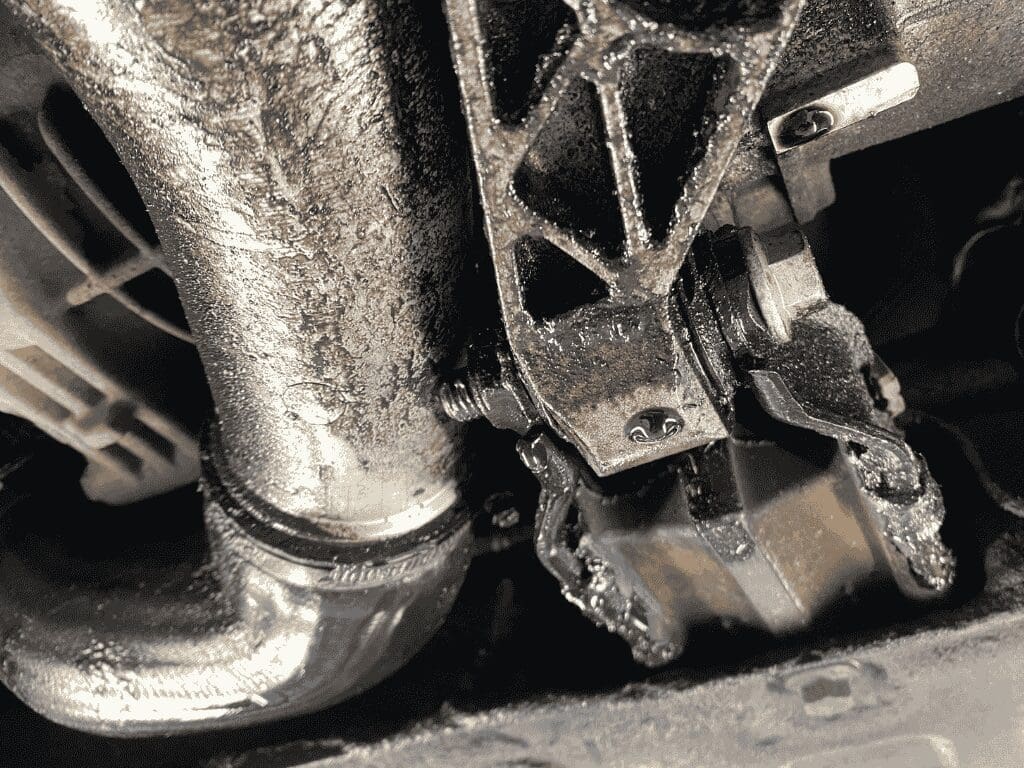
Utilizar un limpiador de depósitos de gasóleo es relativamente sencillo, pero es fundamental seguir atentamente las instrucciones del fabricante. Aquí tienes una guía general para limpiar los depósitos de gasóleo de tu flota:
1. Vaciar el depósito
Antes de aplicar cualquier limpiador, asegúrese de que el depósito esté vacío de cualquier resto de combustible. De este modo, el limpiador entrará en contacto directo con las superficies que deben limpiarse.
2. Añadir la solución limpiadora
Añada la cantidad recomendada de limpiador de depósitos de gasóleo directamente en el combustible depósito. Algunos limpiadores se mezclan con el combustible, mientras que otros se aplican directamente al depósito o a los conductos de combustible.
3. Deje actuar al limpiador
Deje reposar el limpiador en el depósito durante el tiempo recomendado (normalmente entre 30 minutos y unas horas). De este modo, el limpiador tendrá tiempo de descomponer los contaminantes y los sedimentos.
4. Purgar el depósito
Una vez que el limpiador haya actuado, enjuague el depósito a fondo con agua limpia o gasóleo. Asegúrese de eliminar todos los restos de la solución limpiadora y los contaminantes antes de volver a llenar el depósito con combustible nuevo.
5. Sustituir filtros
Si los filtros de combustible de su flota estaban obstruidos con lodo o residuos, es una buena idea sustituirlos después de limpiar el depósito. Esto evitará que los contaminantes restantes dañen el sistema de combustible.
Conclusión
Elegir el mejor limpiador de depósitos diesel para su flota es un aspecto esencial del mantenimiento de flotas comerciales. El limpiador adecuado eliminará los contaminantes, mejorará la eficiencia del combustible, reducirá los costes de mantenimiento y ayudará a evitar averías en el motor. Asegúrese de elegir un producto que sea eficaz, compatible con sus sistemas de combustible, fácil de usar y seguro para el medio ambiente.
AQUAQUICK 2000 destaca como una excelente opción para los gestores de flotas que buscan una solución potente, ecológica y eficaz para mantener sus sistemas diésel en perfecto funcionamiento. Al invertir en limpiadores de depósitos diésel de calidad y realizar un mantenimiento regular, puede asegurarse de que su flota permanezca más tiempo en la carretera y funcione con la máxima eficiencia.

